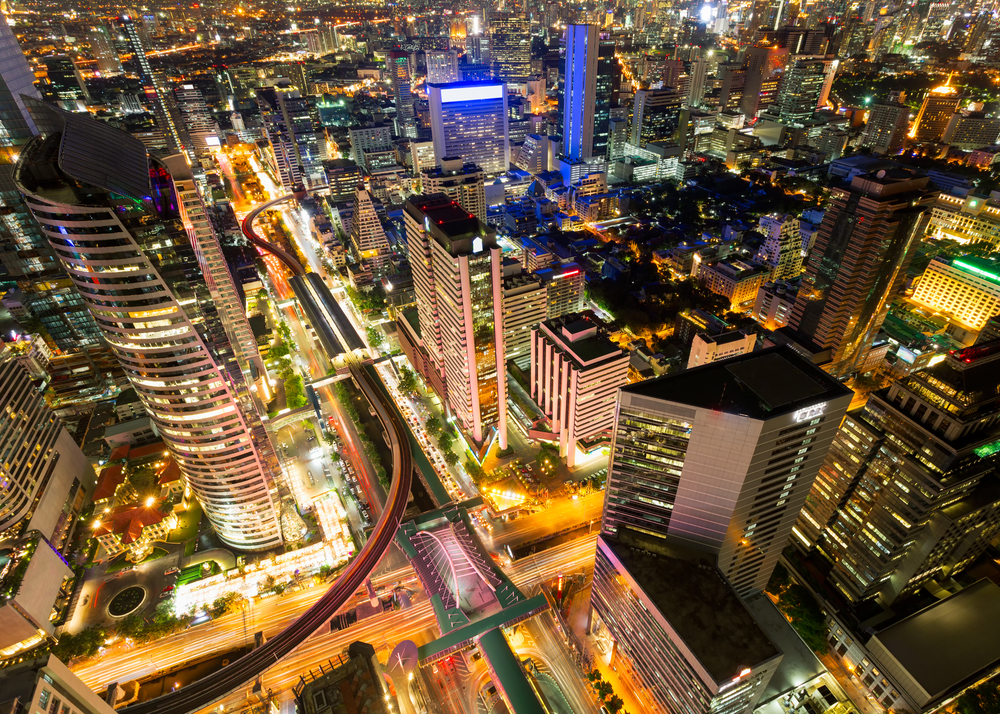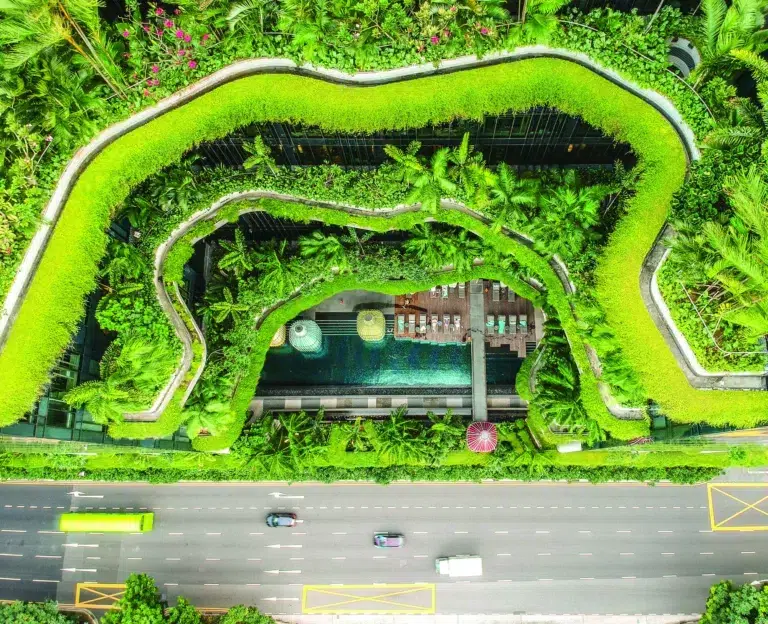Southeast Asia takes measures towards net zero
As the continent with leading carbon emissions, every country in Asia is taking accountability

In the face of climate change challenging lives and livelihoods in Southeast Asia, action has to be taken to prevent the impact of climate change in the region. Sustainability newsletter Carbon Trust reported that the region is in need of resources with its transition away from non-renewable fuel sources like coal. Fortunately, Southeast Asian countries have already begun taking measures to reach net zero.
Multiple businesses in the area have been utilising climate technology in order to remedy the effect of climate change. An IKEA branch in Malaysia, for instance, is equipped with self-generating solar implants on its rooftop to support a Power Purchase Agreement involving an off-site solar farm. These countries have been looking into sustainable finance as well, to transition developers and other companies into being more critically aware of sustainability and how they can kickstart a green policy.
More: A developer’s guide to going green: Benefits, financing, certification
According to ESG Investor, Southeast Asia is the major focus area worldwide to reach a global net zero, so investors must be able to fund renewable technology across the region. Among the said funds is the SUSI Asia Energy Transition Fund developed to launch a way to upscale renewable energy assets in the region, aiding in the yearly USD200 billion to USD240 billion investment into renewables, energy efficiency, climate technology, and green infrastructure. This allows for the upscaling of greenfield projects surrounding wind, hydro, and solar technology.
To achieve net zero in the region, Financial Times noted that it can come with risks, particularly since this economic powerhouse outperforms both the US and Europe with the help of its manufacturing and industrial sectors. Nevertheless, this means that the continent has more carbon emissions, and switching out of the usual fueling of the two sectors would lead to a decrease of the regional economy and GDP. Yet, if funded properly and invested in by enough developers, this risk will diminish.
The Property Report editors wrote this article. For more information, email: [email protected].
Recommended
6 green real estate projects reshaping Asia’s future
Developers are being incentivised to push a green agenda into daring new realms
ARES White Paper Volume 3: The era of adaptive reinvention
Pioneering sustainable and innovative practices in urban development
ARES White Paper Volume 2: Unravelling the power of data revolution in real estate
Insights on proptech, smart cities, and sustainable development
ARES Digital White Paper Volume 1: The fundamentals of responsible building
Green and climate heroes join forces to discuss how Asia Pacific can weather the current environmental crises and the looming effects of climate change






